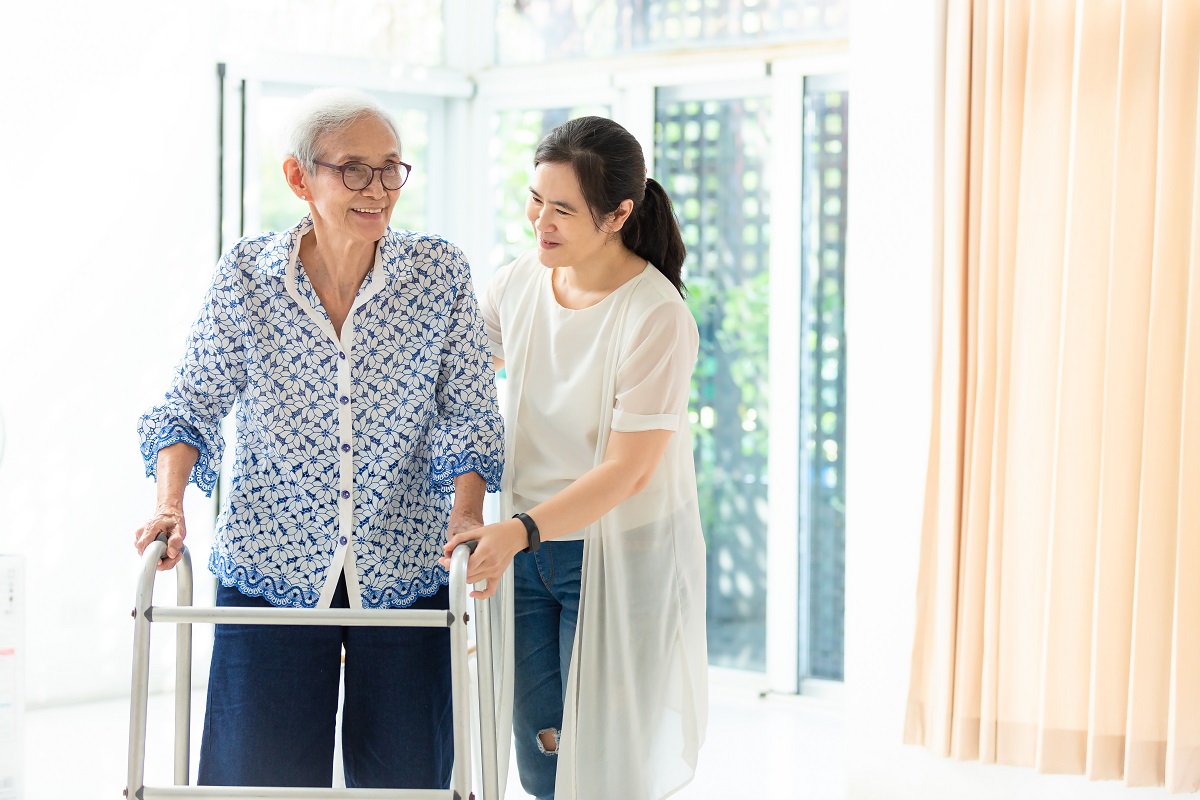How does dementia cause sadness and depression?
It can be upsetting to watch a loved one with dementia becoming sad or depressed. But depression after diagnosis is quite common and once you know the signs and symptoms there are lots of things you can do to help make life feel better
If someone close to you has been diagnosed with dementia it’s very likely they might feel depressed or sad. The diagnosis may have come as a shock, or lead to all kinds of worries about the future. But while it’s understandable that they may feel low, it’s also important not to let depression or sadness take over.
Is it really depression?
It can sometimes be difficult to spot the signs of depression in a person living with dementia because the symptoms of both are often similar. For example, depression can cause forgetfulness, trouble concentrating and apathy – but so can dementia itself.
Generally speaking it’s best to trust your instincts. If the person you’re caring for seems uncharacteristically low, agitated, withdrawn, isn’t sleeping or eating properly and has been like this for a couple of weeks or longer, it’s worth getting advice from an expert such as your GP, a community nurse, a dementia specialist, geriatrician or other hospital consultant.
If depression is diagnosed, your loved one could be offered medication to help lift their mood. The most commonly prescribed anti-depressants for people who also have dementia are called Selective Serotonin Reuptake Inhibitors (SSRIs). They can be very effective, but could take several weeks to start working properly – so don’t expect miracles straightaway.
It’s not all about drugs
Medication isn’t always the answer, especially if you can’t be sure they’ll remember to take it every day (although there are ways to make this easier). Other ways to help deal with depression and sadness include:
Talking
Whether it’s to a skilled therapist, a good friend or members of a support group, it’s important for someone with dementia to be able to discuss their feelings freely, without being told to ‘cheer up.’
They’re probably entitled to some free counselling on the NHS which might be a good way for them to voice their concerns, without having the added worry of upsetting loved ones (many people with dementia worry about this).
Keeping busy
A daily routine can make life feel calmer and more manageable. Make sure they have a daily care plan which includes activities they enjoy to prevent boredom, such as listening to music, reading a newspaper or knitting, and some that are meaningful too, such as working on life story. This ethos is at the heart of person-centred care and will help the person you love to feel that their needs are being listened to. This can, in turn, ease frustration and depression. However, if they still seem to be feeling wound-up or irritated, it might be worth learning some relaxation techniques to help them deal with the daily stresses of their illness.
Getting out and about
Going for a walk outside can boost serotine levels (the ‘happy hormones’) in the brain. So the more opportunities the person you care about has for getting out and about, the better. Living a healthy lifestyle – eating a balanced diet and getting plenty exercise – makes everyone feel better and may reduce the symptoms of dementia, too. Whilst being around other people (whether in a park, shop, or day centre) can relive other common symptoms of depression (and dementia) such as loneliness and isolation.
Little pleasures mean a lot
Something as simple as eating a favourite meal, or spending time looking at photos and reminiscing can be a great mood booster. Generally speaking, the more opportunities you can create for the person you love to live, ‘in the moment’ the better they will start to feel. You could even find that this attitude starts to rub off on you too and prevents you from becoming depressed – caregiver depression is quite common. With any luck, you could both soon be enjoying and appreciating life together.
SHARE
Explore more




